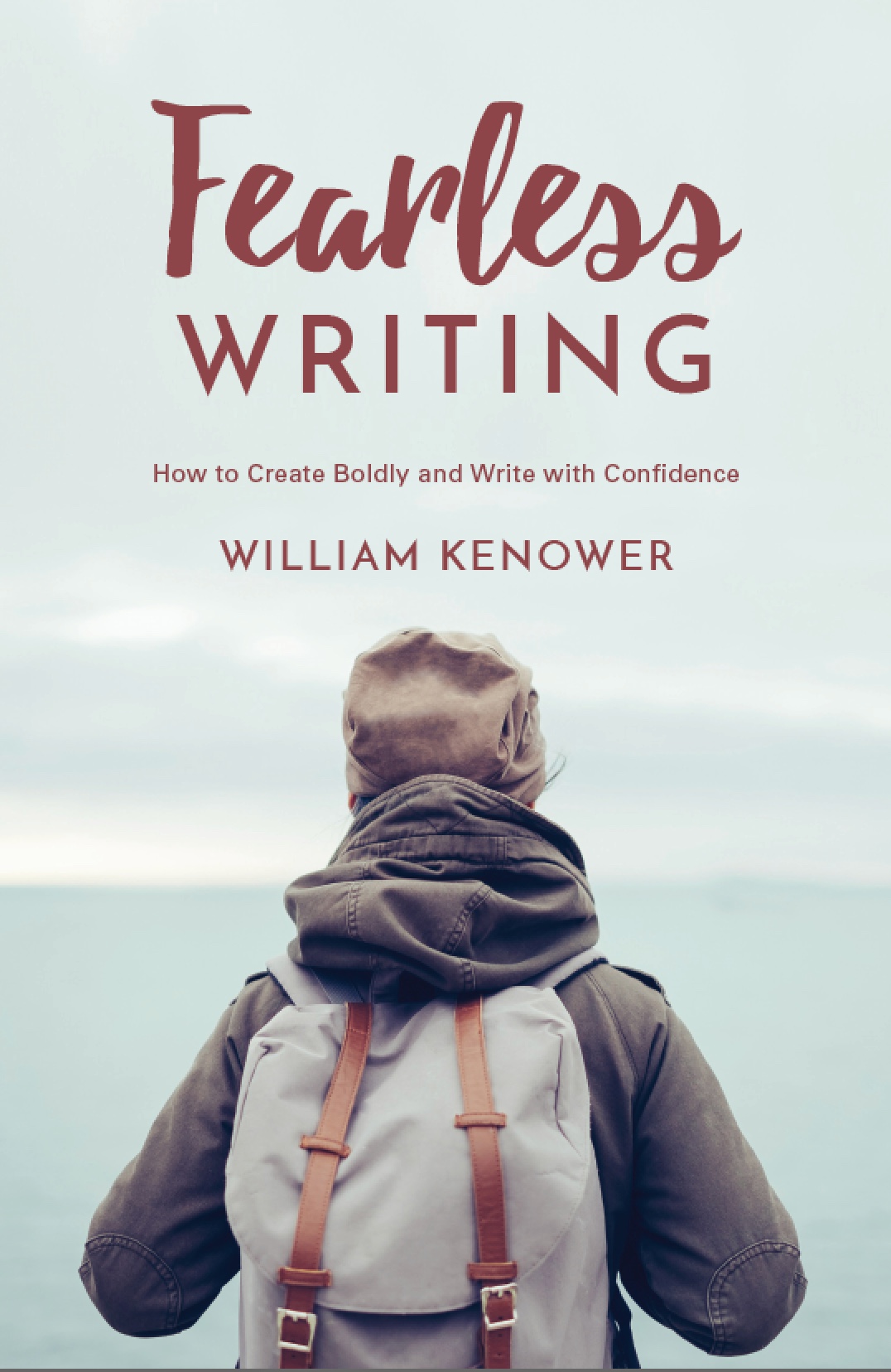Choosing Games
It is not unusual when I am teaching a workshop at a conference or interviewing a writer to find myself talking about money. These conversations always remind me of the squabbles my wife and I have over money, because those squabbles are never actually about money. Usually we’re squabbling about safety, or our own creative potential, but money is so tangible and measureable and necessary that it seems simpler just to argue about whether we should buy that new sofa than about where safety does or does not exist. Money reminds me of a race I ran in second grade. Our teacher lined every student up at one end of the playground and told us to run as fast we could to the wall at the other end of the playground. First one there was the winner. She yelled go and I ran. I loved running. I loved harnessing all my body’s energy, and I even loved the race, as it provided a reason to do so. On that day, I was the first to reach the wall.
But as I touched the wall, and looked down the line at all the other boys and girls finishing after me, I had an unusual thought for an eight year-old: The only reason I won, it occurred to me, wasn’t that I was faster than the rest of them, but that I was the one who was most fully committed to the race. All my energy had been focused in one place and for one purpose, but from where I stood, I could feel how the other children’s energy had been split, and that made all the difference.
The problem with that race was that everyone had to run it whether they wanted to or not. In this way, though we all started and ended in the same place, it was not a fair race. Yet once it was run, everyone had to contend with the questions that always arise within us when we compare ourselves to others. Some would remember their indifference to the race and dismiss these questions; others, I am sure, did not.
Making money is a lot like a game we are all made to play. As we line ourselves up at the starting line of adulthood, money can seem to be a universal measurement upon which everyone’s value is based. After all, everyone wants it, and everyone would like more of it, and some succeed in making lots and lots of it and some do not. I was one of those who did not.
I did not because my energy was split. I am a writer. I do not write to make money. I write because I love to write. I had written stories since I was a boy. In this way, writing was like play. Earning money, meanwhile, seemed like the most adult thing I could do. And so I played a game I didn’t want to play: the game of making money for money’s sake. I thought it was a stupid game, but I was still unhappy when I lost at it.
I lost and lost and lost at it until I decided to play a different game: I would see how much money I could make doing something I would happily do for free. I knew when I began playing this game that I did not really understand the rules, nor was I very good at it. No matter. The key to any game is the wanting to play it, and I wanted to. By and by, I got better at it, and I am still playing it today.
Games are great, but it is important to remember that they’re make-believe. We create the starting line and finishing line; we make the rules and choose the prize. And no one has to play. I can quit anytime I want, and look around the playground, and see what interests me most. That interest, that ceaseless creative impulse that has traveled with me my entire life, remains the only authority to which I must listen. Only it knows which races are worth my running, and which ones can be left to others.
If you like the ideas and perspectives expressed here, feel free to contact me about individual and group coaching.
Fearless Writing: How to Create Boldly and Write With Confidence. You can find William at: williamkenower.com


